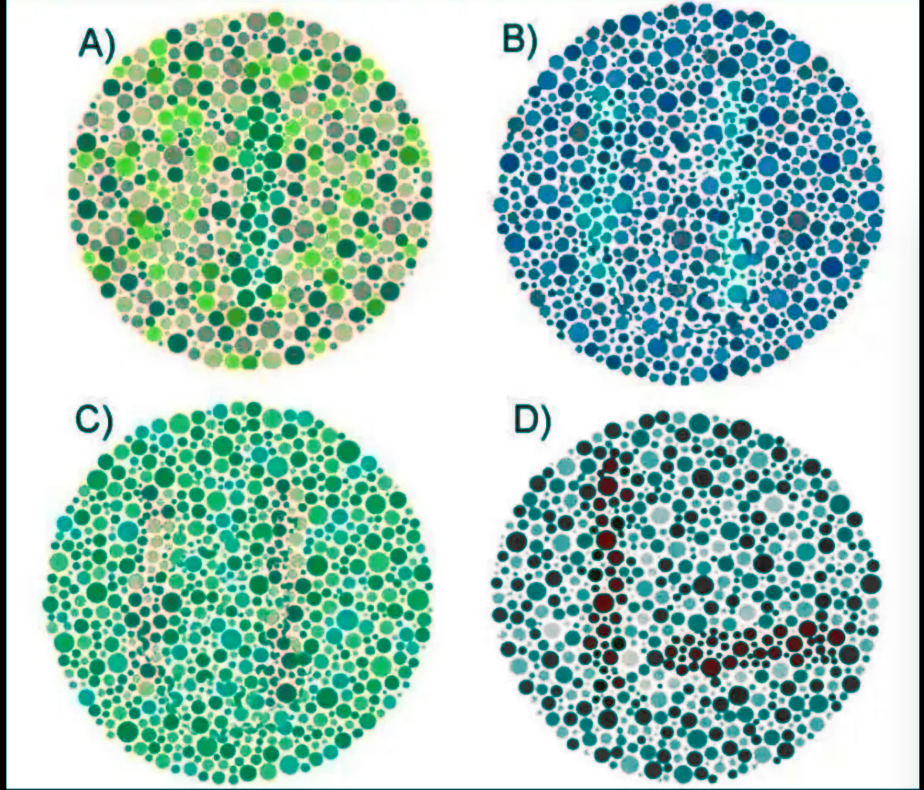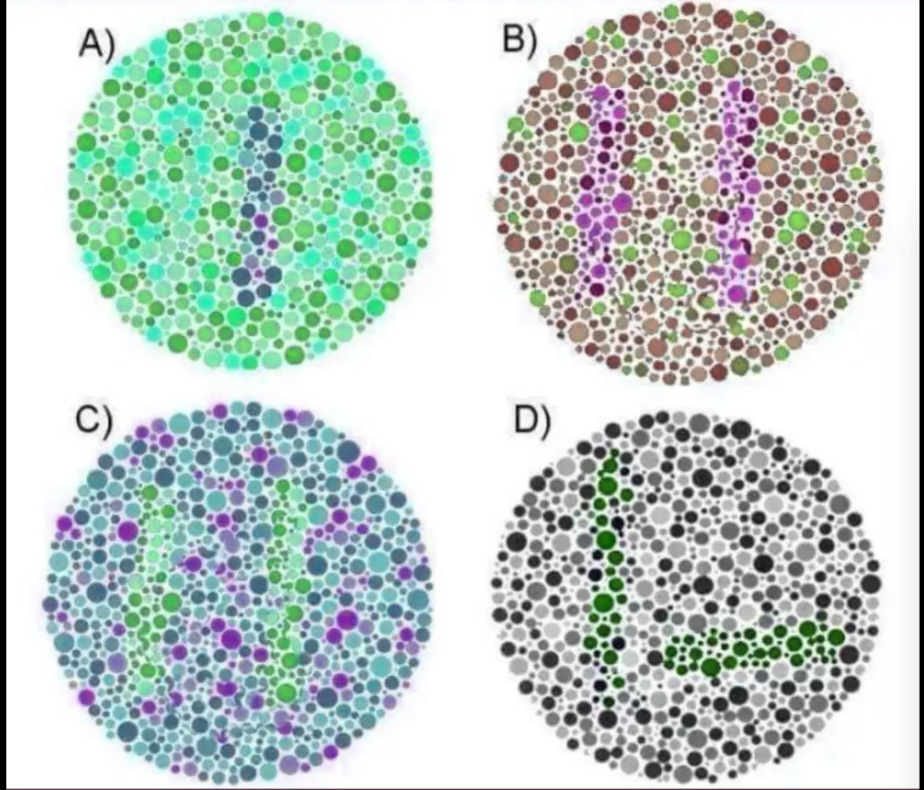

Note that to some extent, this might have been a necessary step in the relative popularity of computing.
Folks remembering how flexible and open ended things were in the 90s were a tiny sliver of the population. At the time about 1% of the world were participating in the internet, now the majority of the population participates on the internet.
I would have loved for the industry to keep up the trends of the 90s (AOL/Prodigy lost out to a federated internet, centralized computing yielded to personal computing) instead of going backwards (enduser devices becoming tethered to internet hosted software, relatively few internet domains and home hosted sites being considered suspicious rather than normal), but this might have just been what it took for the wider population to be able to cope.




From what I’ve heard Intel on top of doing more of the work ready to go, they also tend to pay for more development expense associated with products based on their stuff.
With AMD, less work is done for you and you are kind of on your own. This is why partners tend to be more enthusiastic about Intel offerings.